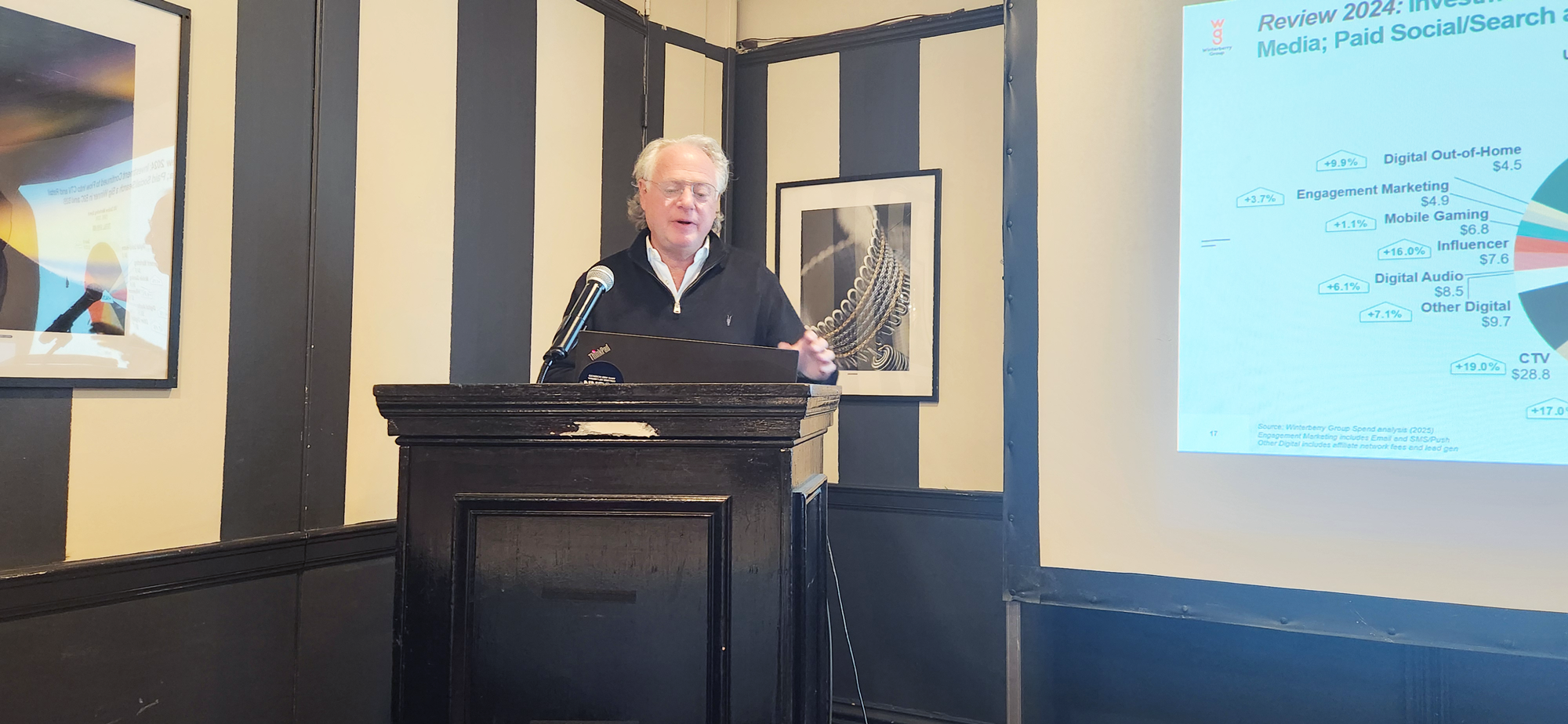

Provocateur:
Third-party databases have been the bedrock for marketing for decades, but their time is nearly up. GDPR, CCPA, and other government- and state-led privacy legislation initiatives have seen to that. In parallel, consumers have learned just how precious their personal data is. They understand the perils of allowing it to fall into the wrong hands, and they’ve also lost tolerance with the misuse of their data by brands trying to sell to them.
There is a slow dawning among marketers that they need to embrace the idea of empowered consumers and allow them to assume control of both the cadence and nature of their relationships with brands. And since consumers will only truly engage with brands they trust, the race is on to find the best ways to build that trust.
Except it’s not based on who’s the fastest out of the gate.
I believe brands should look at customer engagement as a marathon, not a sprint. Or perhaps it’s a series of sprints over time. Either way, it’s crucially important to play the long game and build up a picture of each consumer through a series of interactions over time, rather than trying to do it in one big hit.
There have been some positive developments in recent times. We’ve got second-party data and first-party data, each progressively getting closer to the idea of consent, but still not quite getting there. Indeed, over the last year or so we’ve seen the birth of a newly coined term: zero-party data; that is, common data volunteered directly by the consumer to a brand. This brings a level of transparency into the transaction that makes the data considerably more valuable to the brands acquiring it.
But that still feels fairly loaded in favor of the brand. Sure, the consumer may have filled out a survey, so the brand is armed with a reasonable amount of information, but does that form the basis of a fully-fledged, customized, personalized marketing program? The truth is that a one-dimensional, one-off interaction for gathering zero-party data doesn’t create true engagement and it doesn’t build trust. And without those things, you’re taking a baby step in the right direction as a marketer, but that’s all. Let’s face it, there’s nothing worse than a botched attempt at personalization.
Back to the idea of the marathon: What we as marketers need to do is create a customized interactive engagement that delivers a two-way exchange of value between brand and consumer. You give something; you get something back.
That might sound simple but it’s not. We know that it’s difficult to convince a consumer to part with personal data. You might be able to do it once by using a single game-like experience without the ability to continue to learn more, but if the experience is superficial, they won’t do it again and you’re left with a tiny shard of information that is next to useless. Or perhaps they do return, but the second engagement is just the same as the first and they unsubscribe. Now you’ve lost them, possibly forever.
The secret sauce here is based on deep game science and an accumulation of knowledge about what makes consumers come back for repeat engagements. It has to be a dynamic process, with each engagement optimized based on the first, enabling the brand to gather more data, deliver more reward, and so on.
Critically, this approach is based on the idea that you can’t truly personalize based on assumptions; nor can you do it based on a one-hit interaction. You have to earn their data to build the right picture, and then, and only then, you can start to personalize. That, in itself, demonstrates to the consumer that their willing provision of data won’t result in them being inappropriately harassed with irrelevant communications based on inaccurate guesses. And, over time, that establishes trust.
Earned data and trust are inextricably linked because, as I said earlier, consumers today are becoming more and more discerning about who they want to deal with and how they want to deal with them. They are in the driver’s seat. But most brands are still talking, not listening. Earned data represents an opportunity for brands to stand out from the competition by putting their customer first, letting them dictate the nature and the tempo of the relationship.
The idea of “earned” isn’t new to marketers. Indeed, it’s well understood that earned media — where a third party publishes content about your company, product, or service, without paying them to do so — is the hardest nut to crack but yields the greatest reward.
Earned data is a truly disruptive step for the world of marketing. It’s scary to throw away the old thinking fundamentally based on volume and speed and move to one based on quality, accuracy, integrity, and trust. But that’s what it’s going to take. What you earn is what will deliver you the greatest value.

About the Author
Coming from a communications agency background, 3radical CMO Matthew Ravden’s various roles in senior strategic positions have helped him understand how to build effective marketing teams, as well as how to foster integrated thinking across sales, marketing, and product. Find him on LinkedIn.








